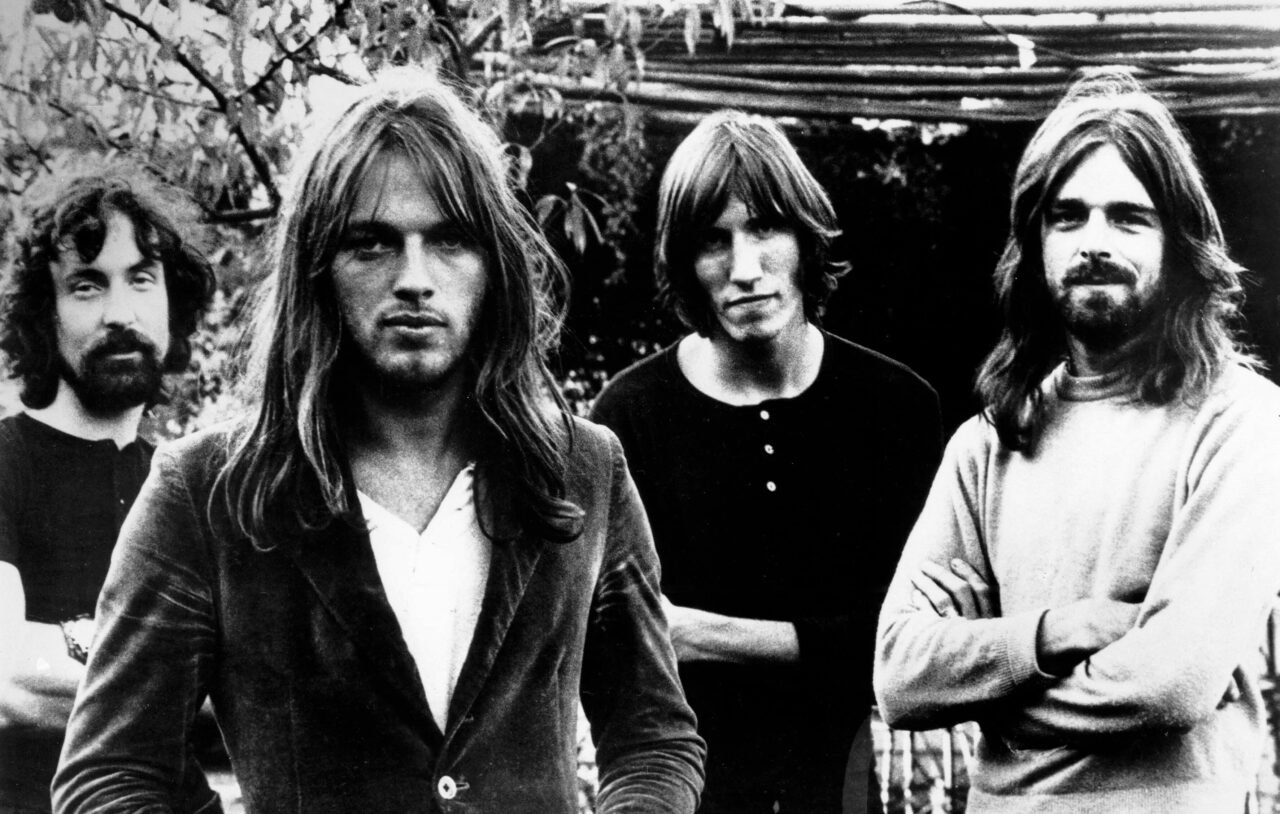Upon Syd Barrett‘s departure from the psychedelic rock behemoth Pink Floyd in April 1968, uncertainty shrouded the band’s future. With David Gilmour taking Barrett’s place and Roger Waters assuming a more prominent role, the question lingered whether Pink Floyd could recapture the distinctive voice that defined their early years. However, the release of “Atomic Heart Mother” in 1970 emphatically declared that the band was not only comfortable with their new lineup but also capable of crafting mesmerizing tunes.
While Pink Floyd had already released several albums post-Barrett, “Atomic Heart Mother” marked the definitive inception of this new era for the band. Not only did it become their first UK chart-topping album, but it also served as a precursor to the seminal “The Dark Side of the Moon,” which would grace the music scene three years later.
At the heart of “Atomic Heart Mother” was the cinematic brilliance of its eponymous track. An epic instrumental composition spanning over 20 minutes, the piece showcased that Pink Floyd had not relinquished the visionary edge of their early work. Comprising six distinct parts, the track drew comparisons to the theme music of the 1960 western “The Magnificent Seven.”
Legend has it that Roger Waters, upon hearing David Gilmour play the track, was immediately reminded of the beloved Western film. While any legal battle over royalties with Elmer Bernstein’s original score seemed unwarranted, the cinematic quality of “Atomic Heart Mother” undeniably echoed the iconic Western soundtrack. Though Pink Floyd never explicitly admitted to drawing inspiration from “The Magnificent Seven,” the parallels were evident.
Pink Floyd wasn’t the sole rock band to draw connections to “The Magnificent Seven.” In 1981, The Clash released a single sharing the same title, but rather than crafting a cinematic soundscape, the track marked the punk rockers’ initial foray into the realm of hip-hop.
Having explored film soundtracks previously with “More,” released a year before “Atomic Heart Mother,” Pink Floyd exhibited a penchant for cinematic musical expressions. While the “More” soundtrack, like the film itself, received mixed reviews initially, it has since evolved into a cult favorite among fans.
The cinematic allure of the titular track of “Atomic Heart Mother” even caught the attention of legendary director Stanley Kubrick. Impressed by the song’s soundtrack-like quality, Kubrick sought permission to use it in his iconic film “A Clockwork Orange.” However, in a decision that could be deemed somewhat imprudent, Pink Floyd declined Kubrick’s request, although the album cover still made a cameo in a record shop scene in the film. Kubrick would later turn the tables by rejecting Roger Waters’ plea to use audio from “2001: A Space Odyssey” for his 1992 solo album “Amused to Death.”
